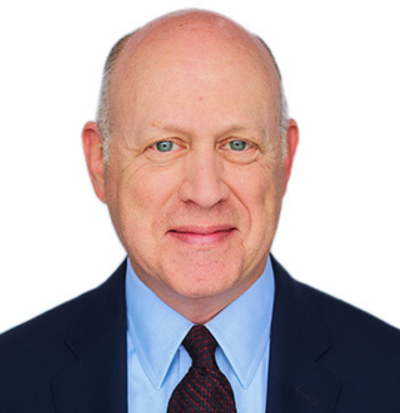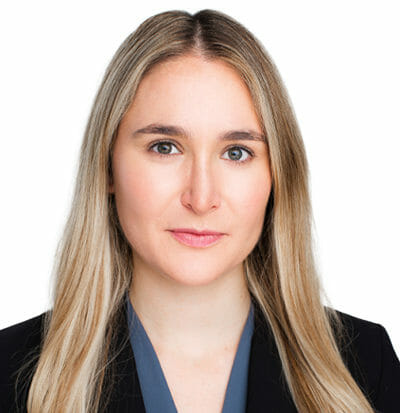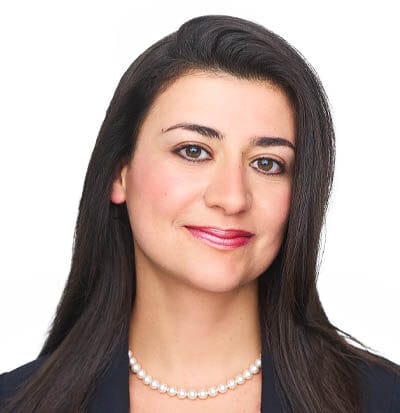By Karen Lim
India’s new Trademark Rules came into effect on March 6, 2017. The Rules are designed to expedite the registration process and enhance protection for well-known marks. Salient features of the new Rules are:
- Creation of well-known marks list. Any person can request a determination that a mark is “well-known” by filing a Statement of Case and supporting evidence, and paying the official fee of US $1,500. The Registrar may invite objections from the public for a thirty-day period. If the mark is declared “well known,” it will be included in a list of well-known marks maintained by the Trademark Office.
- Official fees substantially increased. The official fee for filing and renewal of trademarks is now US $150 (representing an increase of 125% and 80% respectively). The official fee to record an assignment is now US $150 (representing an increase of 125%). A 10% discount applies for electronic filings as opposed to paper filings. The filing fee is also 50% lower for applicants that qualify as individuals/ startups/small enterprises.
- Affidavit required to support claim of use. Applicants who claim use of their marks must file affidavits of use together with supporting evidence.
- Electronic service. The Trademark Office will serve documents on applicants or any party to a proceeding by email.
- Expedited registration. Applicants may apply for expeditious processing of an application by paying an official fee of US $600. Expedited treatment will apply to the entire registration process from examination through to publication and any oppositions. But the Registry may limit the number of applications it will accept for expedited processing.
- No extensions of time to file evidence in oppositions. Evidence in support of an opposition and in support of the application in opposition proceedings must be filed within two months, absent which the opposition or application will be deemed abandoned. Reply evidence must be filed within one month.
- Counter statements may be filed on basis of online notice of opposition. Where the applicant has filed the counter statement on the basis of the notice of opposition available in the electronic records of the Registry’s official website, the notice of opposition need not be served.
- Adjournments to opposition proceedings restricted. A maximum of two adjournments will be permitted to each party, to expedite the disposition of matters. The parties must apply for adjournment at least three days before a hearing date.
- Shorter timeframe for filing evidence in cancellation actions. If the trademark registrant does not file a timely counter statement, the applicant for cancellation may file evidence without awaiting the Registrar’s formal intimation. But the challenged registration will not be cancelled merely for lack of a timely counter statement by the registrant.
- In uncontested cases, applications/ oppositions should be withdrawn. If the applicant/opponent simply abandons the application/opposition, the Registrar may award costs in excess of the cost of formally withdrawing the application/ opposition.


















































